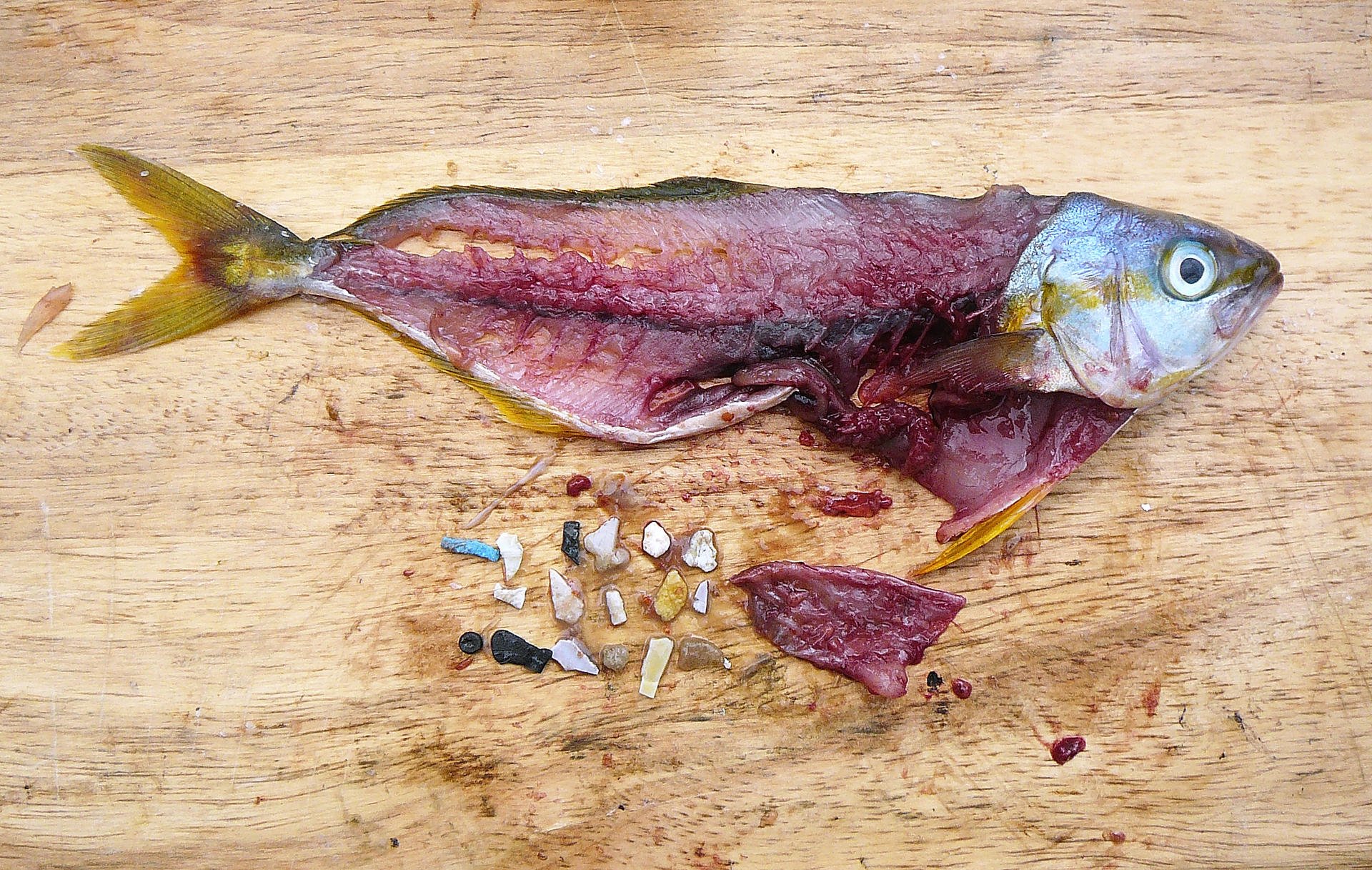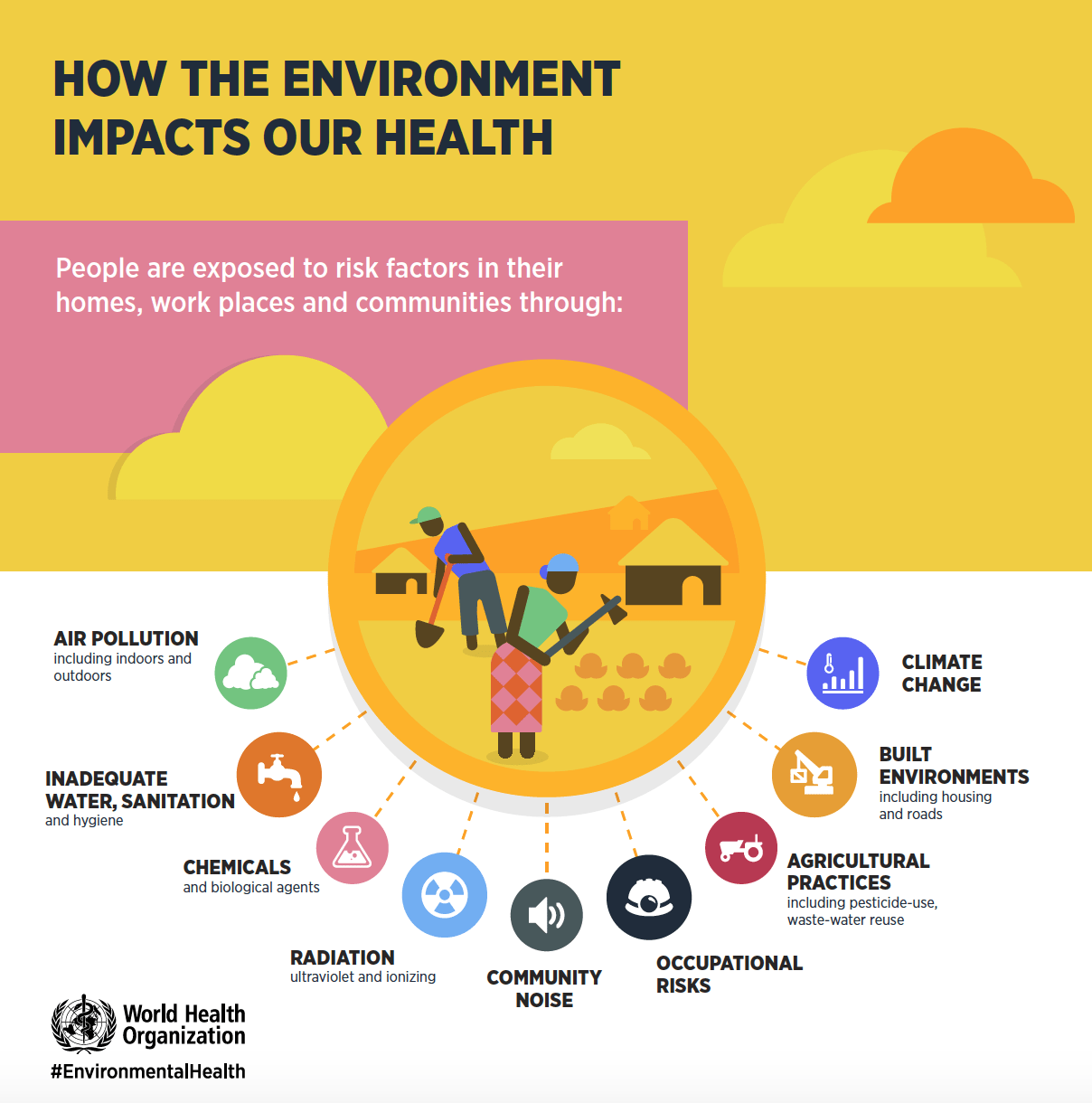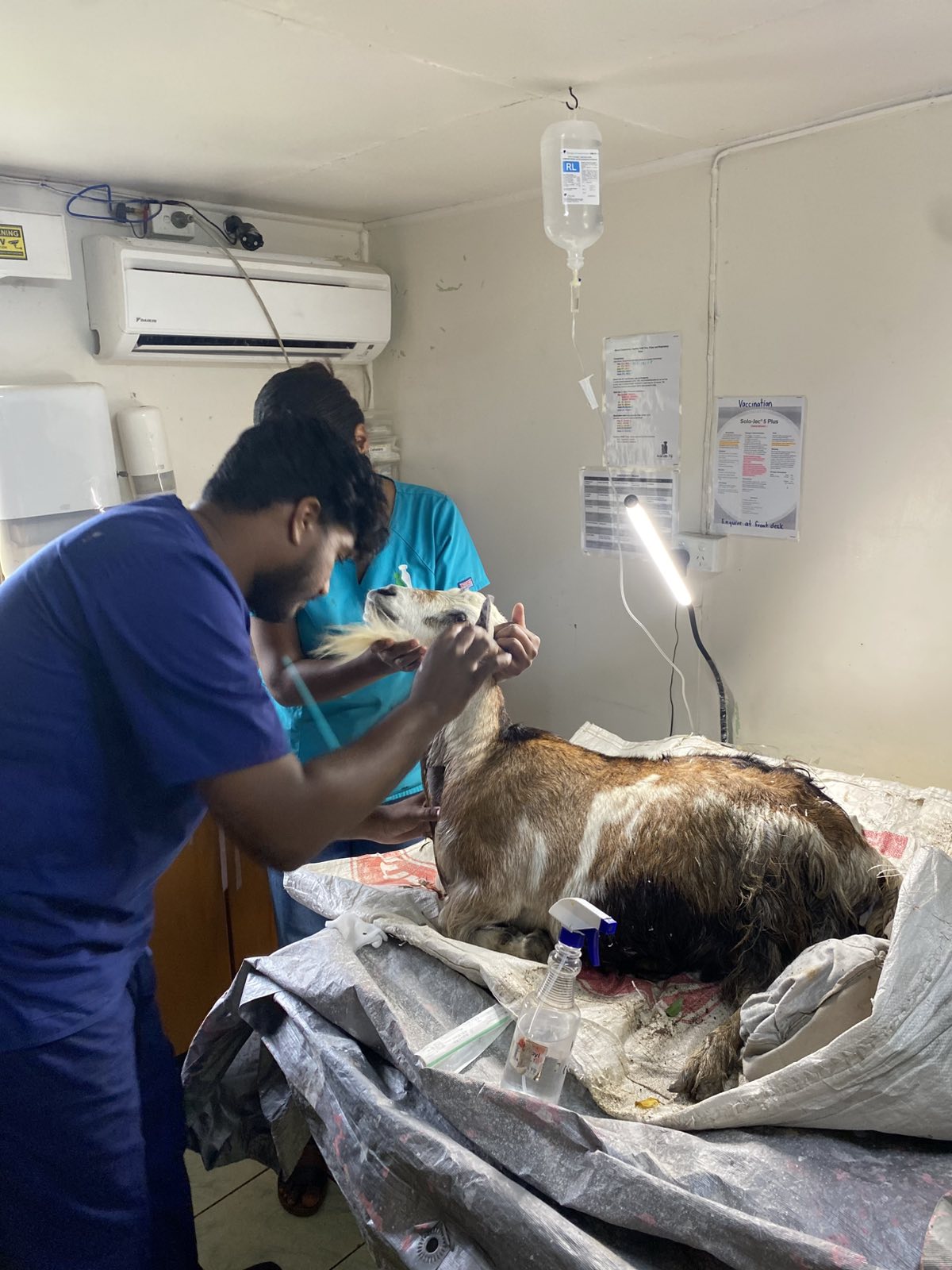Our country is known for its natural beauty, rich biodiversity, and deep connection between people, land, and sea. But this beauty—and the animals that call it home—is under growing threat from something we all see far too often: plastic litter.
Plastic — A Threat to All Creatures Great and Small
Plastic waste doesn’t just spoil our environment—it seriously harms animals. Across Fiji, we’ve seen firsthand the impact of plastic pollution on marine life, wild birds, pets, and even farm animals. And while animals suffer first, the danger doesn’t stop with them.
Marine Life: Choking on Our Waste
Our oceans are especially vulnerable. Turtles mistake plastic bags for jellyfish. Fish eat microplastics, which can end up on our dinner plates. Seabirds and dolphins get entangled in fishing lines or packaging waste.
Fishermen in Fiji have shared stories of catching fish that, while appearing healthy on the outside, were later found to have plastic in their stomachs—everything from shredded wrappers to bottle caps. These kinds of findings are not uncommon in the Pacific, and research around the world confirms that many fish species now ingest microplastics. That same fish could end up on someone’s dinner plate.

Description: Fish with plastic found in gut
Credit: South China Morning Post
Farm Animals: Grazing Near Rubbish
In villages and rural areas, goats and cows often roam and graze freely—sometimes near rubbish dumps or roadside litter. It’s not unusual for farm animals to accidentally eat bits of plastic packaging, which can block their digestive systems and cause serious illness or even death.
Cases of animals suffering from plastic ingestion have been seen at veterinary clinics, including those run by Animals Fiji. This silent threat affects both animal welfare and farmers' livelihoods.
Wild Birds: Silent Sufferers
Many birds use plastic to build nests, mistaking it for twigs or leaves. Chicks can be injured by sharp plastic pieces, and adult birds often starve with stomachs full of plastic, thinking they’ve eaten food.
Pets: Curious by Nature, at Risk by Default
Our dogs and cats are also at risk. We often see cases of pets who’ve eaten plastic food wrappers or chewed on discarded containers, leading to choking, intestinal blockages, or cuts inside their mouths. Even plastic toys, if not pet-safe, can be dangerous.
And Yes — It Affects Humans Too
What harms animals and the environment ultimately harms us. This is the foundation of the One Health concept: the idea that human health is closely connected to the health of animals and the environment we share.

Credit: WHO
When marine life consumes microplastics, those same plastics can end up in our food. When farm animals graze in polluted areas, it threatens the food supply and the livelihoods of farmers. When pets fall ill from plastic ingestion, families suffer emotionally and financially. And when plastic waste clogs our rivers and drains, it contributes to flooding and waterborne disease outbreaks that affect entire communities.
We don’t live in isolation. A healthy environment supports healthy animals—and healthy animals and ecosystems support healthy people. That’s why protecting animals from plastic pollution isn’t just about them—it’s about all of us.
What You Can Do Today
We all have a role to play:
- Reduce your plastic use: choose reusable bags, bottles, and containers.
- Refuse single-use plastics like straws, plastic cutlery, and over-packaged products.
- Pick it up: Every piece of litter removed from the environment helps.
- Secure your waste: Ensure rubbish bins are covered and not overflowing.
- Educate and speak up: Share this message and support better waste management in your community.
Let’s Protect What We Love
Fiji’s beauty is not just in its beaches and forests, but in its animals, people, and way of life. When we protect animals from plastic, we protect our future. Every piece of plastic you choose not to use—or choose to pick up—makes a difference.
As we head into Christmas — let’s recommit to being better stewards of the earth and all its creatures. Whether you’re spending the long weekend with family, at the beach, or in your community, remember: small acts of care add up.
Let’s keep Fiji clean and safe — for animals, for people, and for generations to come.
We all have a role to play in creating a cleaner, safer environment for animals and people alike. By reducing plastic waste and protecting our shared spaces, we’re not only helping pets, marine life and farm animals - we’re building a healthier Fiji for future generations.
Animals Fiji helps animals all around Fiji, with clinics in Savusavu, Labasa, Nadi and Lautoka, and they also hold outreach clinics in other areas.If you want to support Animals Fiji in their work or to find out more about Animals Fiji’s services, contact their Savusavu Clinic at (+679) 998 6253, Labasa Clinic at (+679) 998-6250, Lautoka Clinic at (+679) 998-2026 or Nadi Clinic at (+679) 993 6647 or visit our website at www.animalsfiji.org.

Animals Fiji team treating a goat